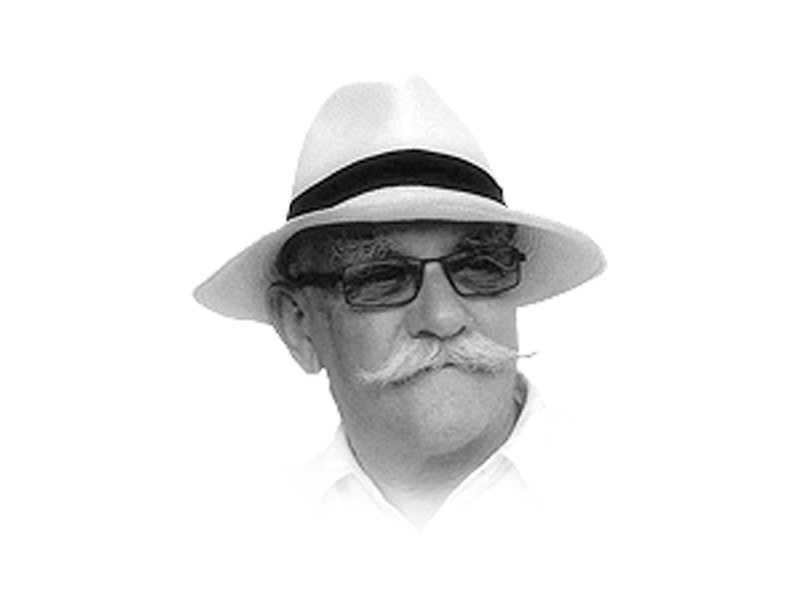
Close though the memory was, the ILF was far removed from the extremism that infests many university campuses. This was an oasis of tolerance for three days, the only crack appearing in some heated exchanges in one of the Sunday sessions that discussed the history of Pakistan, never a subject to pass by unremarked. A roomful of moderates quieted the contestants. Everybody was on Best Behaviour, from the car-park attendants and the security people at the gates to the splendid corps of young volunteers who were everywhere, answering questions and giving directions. Full marks to the organisers for that one.
There was a remarkable display of timekeeping by all concerned. Sessions started and finished on time, were well moderated for the most part and sometimes packed to the gunwales, standing room only. The crowd seemed to be mostly Millennials, with a leavening of grey heads and a sprinkling of older children, who seemed to be taking as much of an interest as children reared on interactive devices ever do in these connected days.
The food and refreshments area was too small, way too noisy (lose the music, please) and had run out of Wedgies by the time I got around to seeking sustenance. On the plus side the comestibles were reasonably priced and the cleanup-crew were on top of the considerable litter problem — which never got out of hand and is a minor achievement all of its own.
At a macro level the venue itself worked. There was sufficient off-road parking; it was big enough to accommodate thousands without feeling overwhelmingly congested and the session timing allowed movement of audiences with relative ease between venues. So with all this positivity why was it that so many people that I spoke to, all of whom acknowledged all of the above — felt that there was something missing? A something that was intangible and that they could not quite put a name to but something…missing.
Unpacking the intangibles is a tricky business. At risk of having my head cut off for sticking my neck out the underlying sense of ‘missing’ was associated with an absence of newness, of having seen all this before, in this format and a package unchanged year on year (and this was the fifth iteration of the ILF) and perhaps they are getting a little jaded, them Millennials. It was not a lack of new books for sure, there were ‘launches’ throughout, but it was something to do with the familiarity of faces front of house, the panel membership and moderators — but the organisers are caught between a rock and a hard place.
The number of people that are going to make good panel members is finite — and not large to start with. They need to be diverse and have some sort of public persona, and able to speak both intelligently and intelligibly about complex subjects and ideas and hold the attention of a critical and informed audience. Add all that together and it can come to a very small sum. There is probably not much that can be done to tweak the format either. A literary festival is a literary festival is a literary festival, and the same ingredients for such are to be found worldwide, the only difference being in the stellar magnitude of the speakers they attract. The ILF worked because a practised team made it so. They will do it again next year and that will work as well. In the same venue with much the same format. And that missing ingredient? That intangible element? Perhaps a refreshing rather than a re-boot? The hunt is on. Over to you, Oxford University Press.
Published in The Express Tribune, April 20th, 2017.
Like Opinion & Editorial on Facebook, follow @ETOpEd on Twitter to receive all updates on all our daily pieces.













COMMENTS (3)
Comments are moderated and generally will be posted if they are on-topic and not abusive.
For more information, please see our Comments FAQ